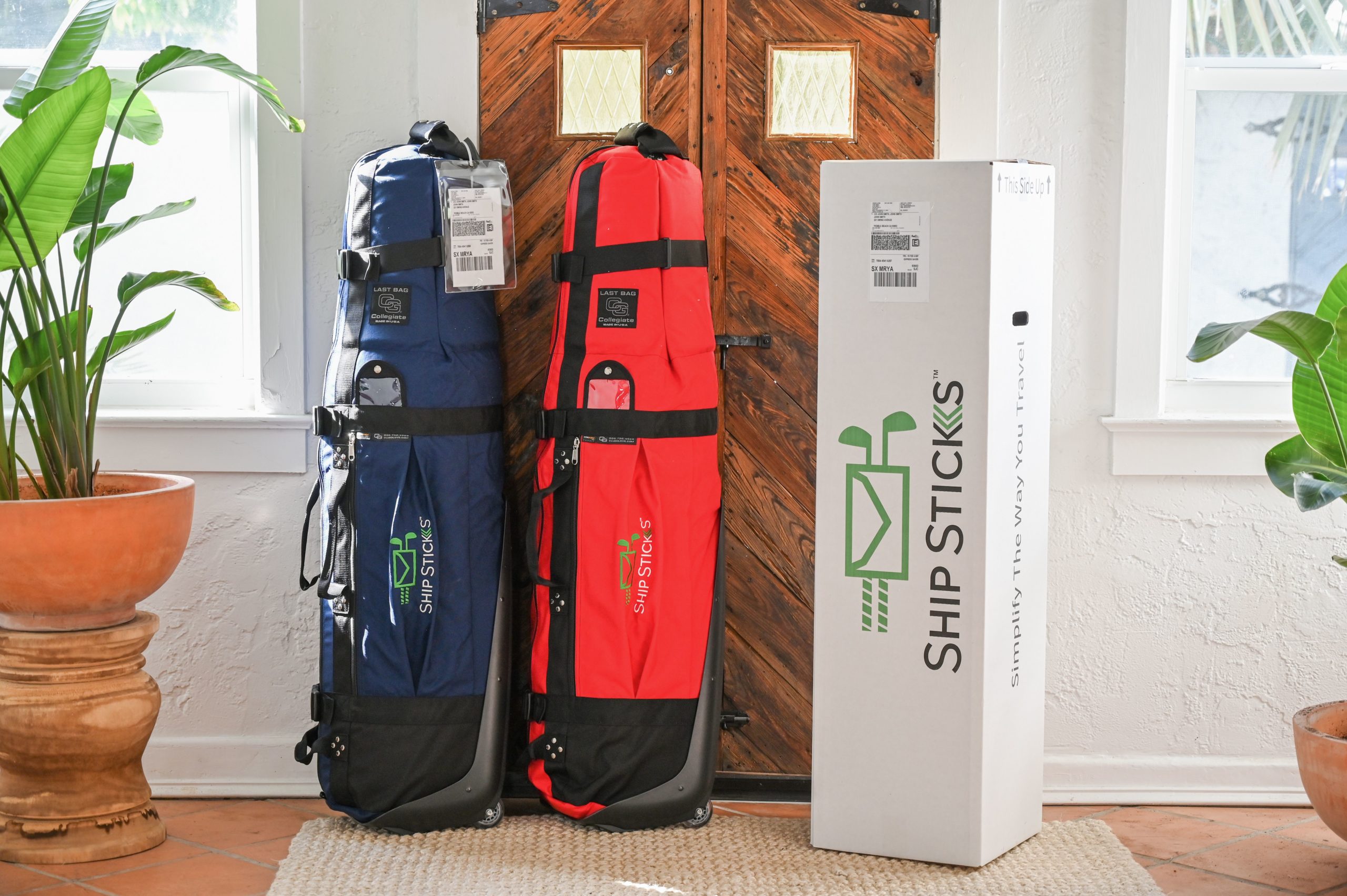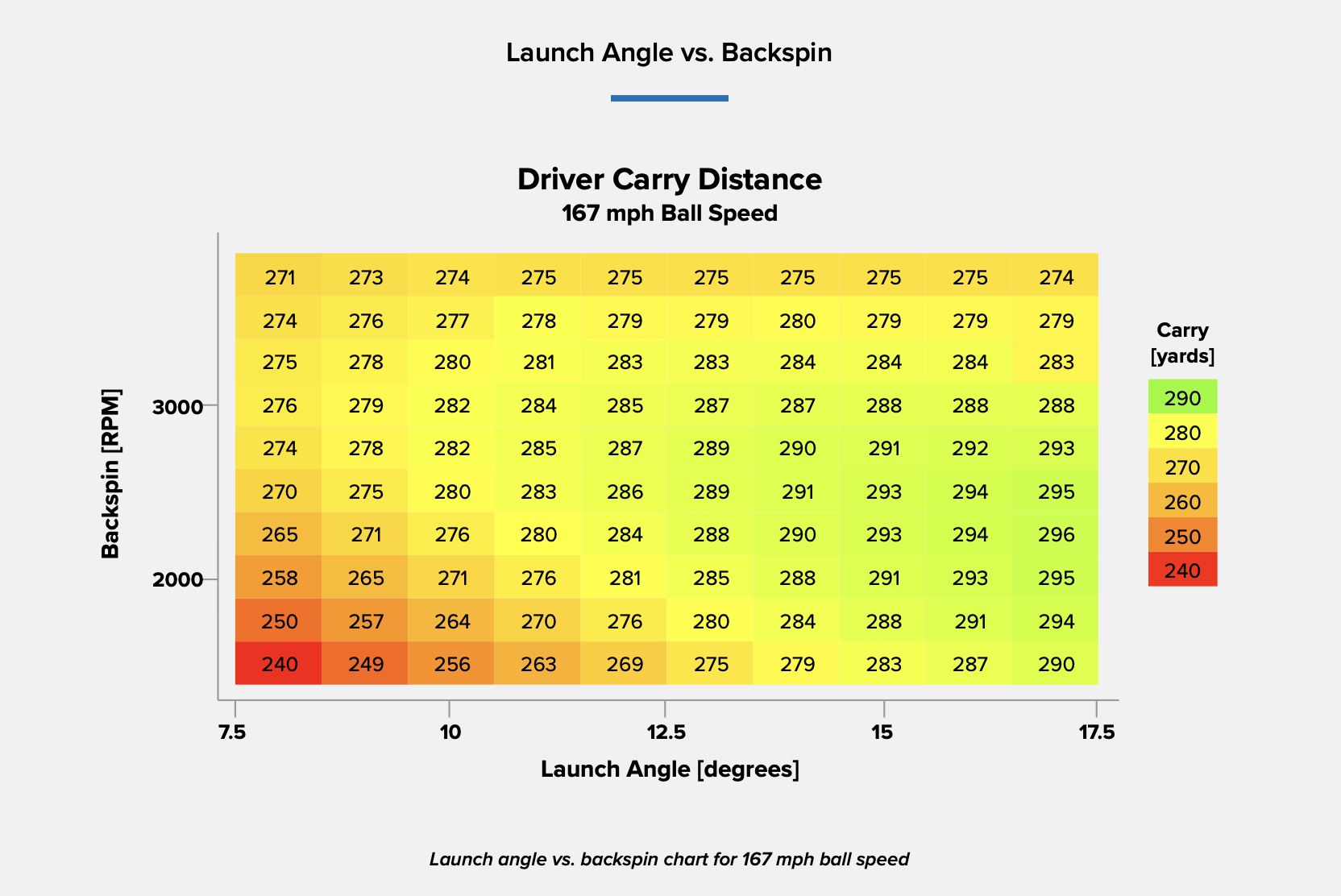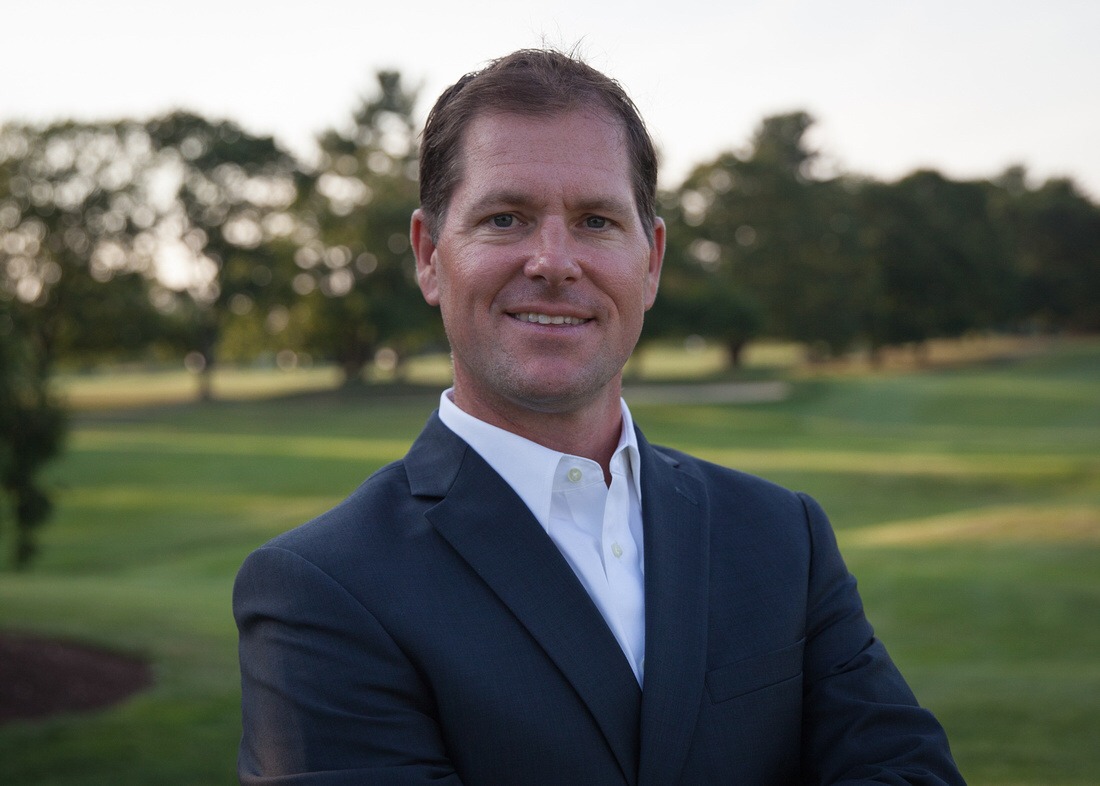Golf Retail’s Evolving Landscape Gives Reason for Optimism
Every retail sector, at some point, goes through a period of evolution – experiencing expansion and contraction, with related market corrections. Golf is no different.
PGA Tour Superstore has seen its internet business surge by 40 percent in the past year. That compares to an increase in the double-digit teens (percentage-wise) at the company’s 29 brick-and-mortar locations. E-commerce site Globalgolf.com had $59 million in sales in 2016, with year over year growth of about 15 percent. The shift toward more online sales is among the trends causing reverberations across not only golf, but the entire retail industry.
There was a notable 15 percent decline in off-course golf retail locations in 2016, according to the NGF’s Golf Retail Report, with the biggest impact coming from the closure of Golfsmith and almost 2 million square feet of retail space. While some seek to tie this shakeup into the health of golf as a whole, it’s a snapshot that doesn’t capture the full picture. Many in the industry instead see positive momentum and significant opportunity for the future.
“There isn’t anyone in a position like we are that wants to see any erosion or deterioration in overall retail,” said TaylorMade CEO David Abeles. “That has a direct impact on all of our businesses, in terms of how many doors will be supplying our products and importantly the accessibility of those doors to golfers. But what we’ve seen since then is a correction in the retail space where we’ve seen consolidation into stronger retail partners like PGA Tour Superstore, Dick’s Sporting Goods, Worldwide Golf and Golf Galaxy.”
The landscape in the golf retail market continues to shift and evolve. Companies that are adapting are seeing that reflected in their bottom line.
PGA Tour Superstore is currently having its best year since 2010, when Home Depot founder Arthur Blank acquired the company and Dick Sullivan took over as CEO.
“We really see some wind at our back,” says Sullivan, who notes that PGA Tour Superstore has replaced 300 in-store simulators with new technology in the past several months and also provides a wealth of services beyond equipment and apparel sales, from re-gripping and adjusting clubs to clinics, lessons and in-depth swing analysis.
“We’re not a traditional retailer,” Sullivan says. “To give almost 50,000 lessons inside of our stores; what retailers are doing that? When you look at clinics, lessons, repair shop, our services area is very healthy.”
Chuck Albrecht is the CEO of Northern Tool, which owns The Golf Warehouse (TGW) online marketplace. He too sees a bounce back in the golf retail business from the last several years thanks to a repositioning of different players.
“Manufacturers have gone through some learning in terms of the product launches — how they’re spacing them and pricing them. Then the retailers have learned a few things as well,” says Albrecht. “There have been some people that are shaking out of the industry and that’s probably to the advantage of those of us who are left. But I see some renewed interest and people getting more involved.”
While golf participation levels have dropped slightly in recent years, Albrecht says the closures of stores like Golfsmith and Sports Authority have more to do with a paradigm shift in the way consumers are purchasing products rather than with the number of golfers. It’s the same across the entire retail space, not just golf, Albrecht says, with the “elephant in the room” being Amazon in terms of online convenience. From golf balls to gloves, hats and shirts, there are plenty of products that don’t need to be touched and felt when golfers are making a purchase.
“If I’m in the office and I think, `Oh gosh, I’m going to be playing golf on Saturday,’ maybe I don’t want to pay my country club’s prices for golf balls,” Albrecht says. “I don’t really want to take a half hour of my time to swing by some retailer. I can have those doggoned things in my home in a couple of days and I’m ready to go. We’ve crashed through that whole thing where I have to show up and do it in person. That certainly helps us at the expense of the traditional brick and mortar.”
Callaway CEO Chip Brewer said 2016 was a nerve-wracking year – for many in the golf retail industry – as the situation with Golfsmith unfolded. Dick’s, the parent company of Golf Galaxy, won the bankruptcy auction for Golfsmith and continued to operate 30 of the company’s 109 U.S. locations.
“They were a significant customer of ours, as they were for really all the major players in the industry,” Brewer said of Golfsmith. “We were fortunately able to navigate that without any significant financial hit. But it has created a dramatic shift in the channels.
The net effect on the industry: domestic club shipments (drivers, fairways, hybrids, irons, wedges and putters) declined 3.8 percent last year in terms of overall dollars, according to the NGF’s wholesale shipment report. The NGF, with its market by market knowledge (GolfMAP), has the industry’s deepest research when it comes to consumer spending on clubs and balls.
“The industry is still adjusting,” said Mary Lou Bohn, the President of Titleist golf balls, which introduced new Pro V1 and Pro V1x balls in Q1 2017. “So it will take some time to see where the displaced volume goes.”
Amid the changes, however, there’s cautious optimism.
“We’ve had a lot of brand momentum over the last several years and that’s certainly continuing this year,” Callaway’s Brewer added, alluding to first-quarter 2017 sales that were up 13 percent, bolstered by strong demand for the Epic driver. “We have strong tech positions, a strong balance sheet, so we think we’re positioned very well in the industry. We’re not going to take anything for granted, but we’re pleased with the trends and optimistic regarding potential going forward.”
TaylorMade’s Abeles said he’s also encouraged by what he sees in the marketplace and is particularly excited about new ownership group KPS Partners, the New York-based private equity firm that completed its purchase of TaylorMade Golf from adidas in May. The strength of the TaylorMade brand – which counts Dustin Johnson, Rory McIlroy, Jason Day, Sergio Garcia, Justin Rose and Jon Rahm among its equipment endorsers – was hugely helpful during the 18-month sale process, Abeles said.
“We’ve got quite a bit of business momentum right now across all fronts,” Abeles said. “We’ve had a strong influence not only in the U.S. but our business in Japan, Korea and lead markets like the U.K.
Traditional brick-and-mortar stores will likely continue to migrate toward locations that have a broader experiential, technical position – in other words, those where consumers can swing the clubs and get real data and feedback relative to the performance of a given product. Whether it’s on-course or in-store, equipment manufacturers are seeing stronger growth when golf professionals and fitters are able to use launch technology and other tools and resources that allow them to customize products (clubs, club components, shafts, grips, lie angle) and properly track ball flight and other swing data.
“Green grass is really having a resurgence and growing,” Brewer said. “You’re seeing a lot of growth in what is a new channel really, with these high-end specialty fitting operations such as GolfTec, Club Champion, True Spec – those organizations are smaller retail footprints that are high end fitting organizations. You’re seeing the good retailers, Carl’s Golfland, PGA Tour Superstore, Golf Galaxy and others, really commit to custom fitting in their shops. Custom fitting has been a high-growth area in the industry and the trends are all towards it.”
As many major manufacturers gravitate toward longer product cycles and many of the game’s most frequent players are price-shopping, GlobalGolf.com is thriving in the secondary marketplace. It might also be helping spur new equipment purchases. GVC, which owns GlobalGolf.com and 3balls.com and operates TaylorMade Pre-Owned, shipped 680 tons of golf equipment in 2016. The company doesn’t just get clubs from consumers, but through demo clubs, rental clubs and hitting carts from equipment manufacturers, and through trade-in programs from retailers such as Dick’s.
“What we hear from the retail partners we work with is that for every dollar that’s taken in trade, $4, $5 and in some cases $6 is spent at the register,” GlobalGolf CEO Ed Byman said. “So what we’ve done is we’ve created a new currency that people can use. They didn’t realize that they had currency in their garages sitting there as pre-owned equipment. Now they can trade that in for real value, real dollars to spend on new equipment. So we think we’ve helped the retail environment to sell more product.”
Byman said he expects e-commerce to grow, but that the good retailers will continue to flourish.
“The manufacturers now understand the landscape. You don’t see this cascading of pricing like you used to several years ago,” Byman says. “People are making an introduction in the fall or the spring and that product is staying in the marketplace for a year. Several years ago, you might see three or four introductions over the course of a year. That caused some chaos in the marketplace and also was difficult for the manufacturers to make a profit.
“Certainly you also see direct-to-consumer initiatives from both manufacturers and retailers,” Byman added. “With the ease of doing business online today, more and more people are embracing that.”
While a business like PGA Tour Superstore watches its internet business grow, it’s also expanding geographically. The company is working with the NGF to determine the best market locations for new stores, seeking to make prudent decisions when it comes to commitments geared toward not only inventory and people, but property leases.
The golf retail market is indeed evolving, and Sullivan is among those who like what he sees.
“It’s a 400-year-old game and it’s not going away,” says Sullivan. “We think we’re positioned correctly as the industry consolidates. There will probably be some golf retailers that go away, but fortunately we have an owner who founded Home Depot and knows about excellent service and brand loyalty.”
Short Game.
"*" indicates required fields
How can we help?
NGF Membership Concierge

"Moe"
Learn From NGF Members
 Ship Sticks Secrets to a Hassle-Free Buddies Golf Trip
Ship Sticks Secrets to a Hassle-Free Buddies Golf Trip
Whether you’re the head planner of your upcoming buddies golf trip or simply along for the ride, we’ve gathered a few easy ways to keep everyone in your group happy.
Read More... Golf Course Turf, Soil and Water Quality Diagnostic Testing
Golf Course Turf, Soil and Water Quality Diagnostic Testing
As humans, we see our primary care physician on a regular basis to proactively evaluate our vital signs. Likewise, a superintendent should perform frequent diagnostic testing on their golf course.
Read More... Unlocking Distance: Launch Conditions and Angle of Attack
Unlocking Distance: Launch Conditions and Angle of Attack
We’ve long known that higher launch and lower spin is a powerful combination for generating consistently long and straight tee shots. A key factor in optimizing launch conditions, one often overlooked, is ...
Read More...







